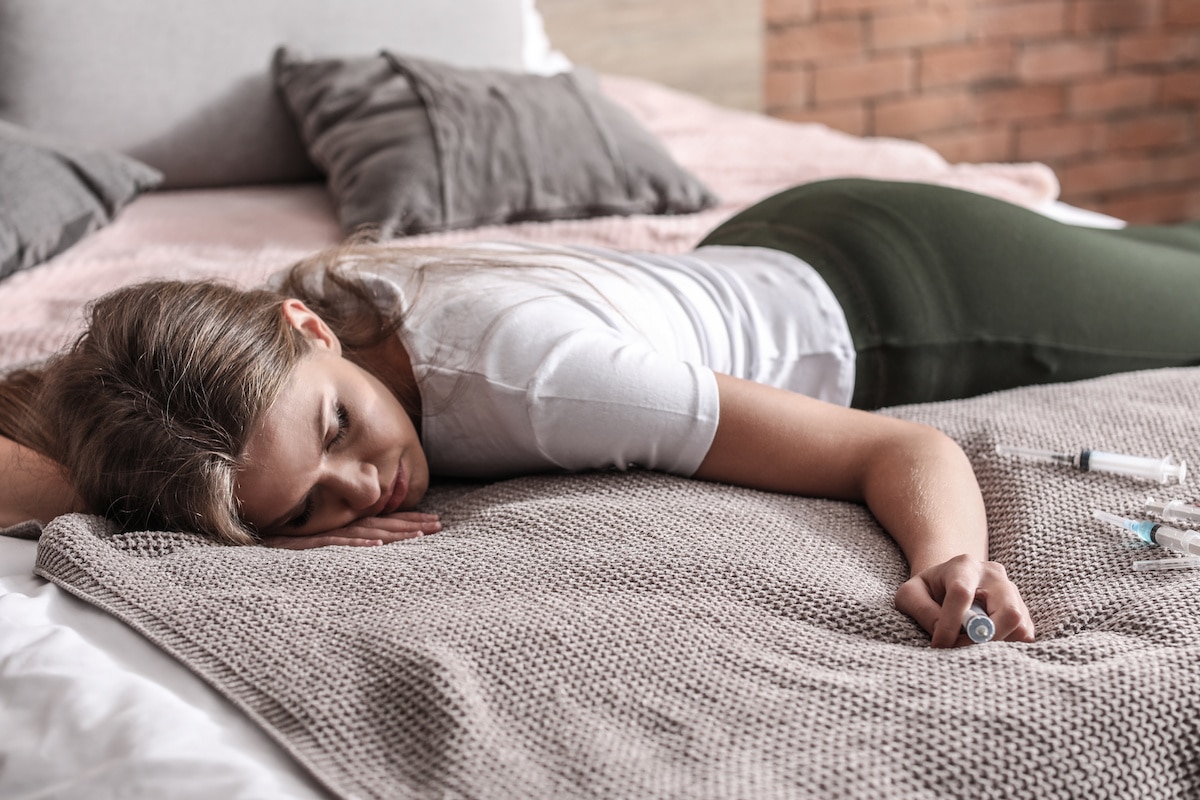LIFESTYLE
3 little-known signs of opiate abuse that you need to keep an eye out for – look into a local drug detox center

Opiate is among the most commonly abused drugs globally. According to statistics, it is approximated that 37% of adults in the United States have an opiate addiction. Additionally, on average, 90 people die daily as a result of opioid overdose.
Conventionally, opioids are supposed to be a pain reliever. However, continual use of the pain reliever makes your body used to it and even requests for more, leading to dependency. This affects normal brain functioning and makes it rely on opiate intake.
Typically, the brain produces endorphins, which are natural pain relievers. However, with opiate use, the brain cannot produce the endorphins but is substituted with artificial ones. This, therefore, makes opiate the go-to option to alleviate pain. With time, your body becomes tolerant to the drug and needs more dosage, hence the addiction.
The scary thing about opiate addiction is that it is easy to miss any signs. You will need to deliberate about it to be able to notice the over-dependence on it. The earlier you realize, the better; you can seek help from a drug detox center. Notably, the 3 little known signs of opiate addiction are behavioral, physical, and psychological.
Behavioral signs
Similar to most addictions, there is a change in the behavior of the addicts. Therefore, you need to check out for a slight change in their habits. Below are some of the common behavioral symptoms;
- Isolation from the social scene
- Slowed or slurred speech
- Involvement in illegal activities such as stealing
- Lack of interest in what used to be their hobbies
- Lack of coordination in their bodies
- Constant mood swings
- Unhygienic practices such as not bathing
- Nervousness or cranky
- Eating less or overfeeding
- Truancy or not going to work
- Insomnia
Psychological signs
Another little-known sign of opiate addiction is a deviation from the usual psychological function. Examples of such symptoms include;
- Depression
- Loss of concentration in whatever the addict does
- Confusion
- Anxiety
- False perception of reality
Physical signs
You might also notice physical changes such as;
- Sweating
- Nausea followed by vomiting
- Diarrhea
- Drastic weight loss
- Chills
- Itchy skin
- Abdominal pain
- Joint and muscle pain
- Headaches
If your relatives or friends have any behavioral, physical, or psychological symptoms, you need to seek urgent help. The first option to resort to is a drug detox center. At the detox center, treatment includes medications and therapy. Medications such as buprenorphine and methadone are used to alleviate the withdrawal symptoms and cravings. On the other hand, therapy is necessary to help the addict change their behaviors and make a wiser decision that would not draw them back to opiate use.
Opioid addiction is a severe health hazard. In addition to its overdose leading to deaths, it also has a detrimental effect on your mental health and body. This causes a spiral effect on your normal body functioning. Therefore, seeking help from a local drug detox center is imperative. The drug detox center personalizes treatment based on each individual. However, the conventional treatment is centered around medication and therapy.

